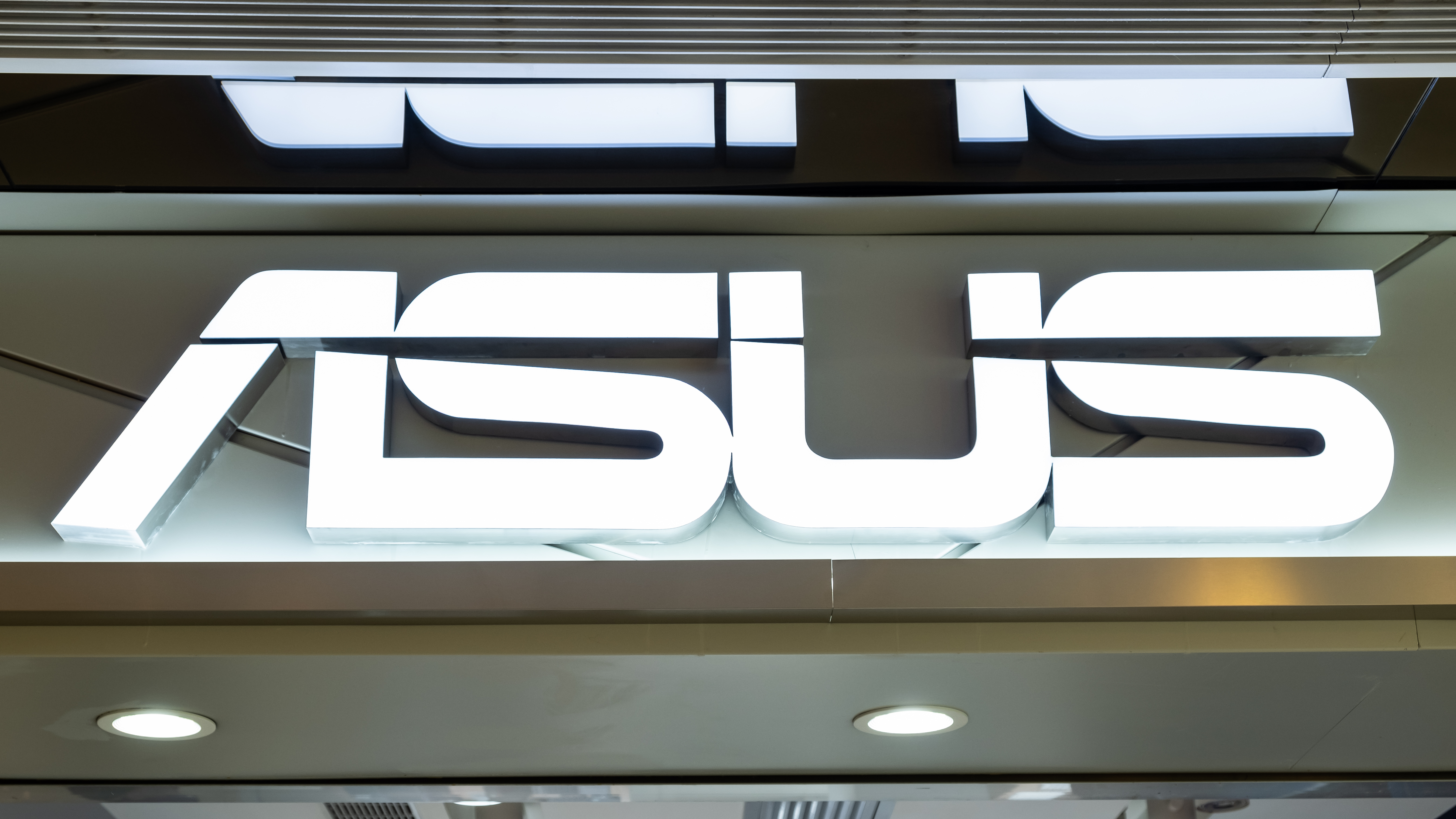We’ve been looking at the Google Pixel’s Tensor chip all wrong — here’s why
It's not all about raw performance
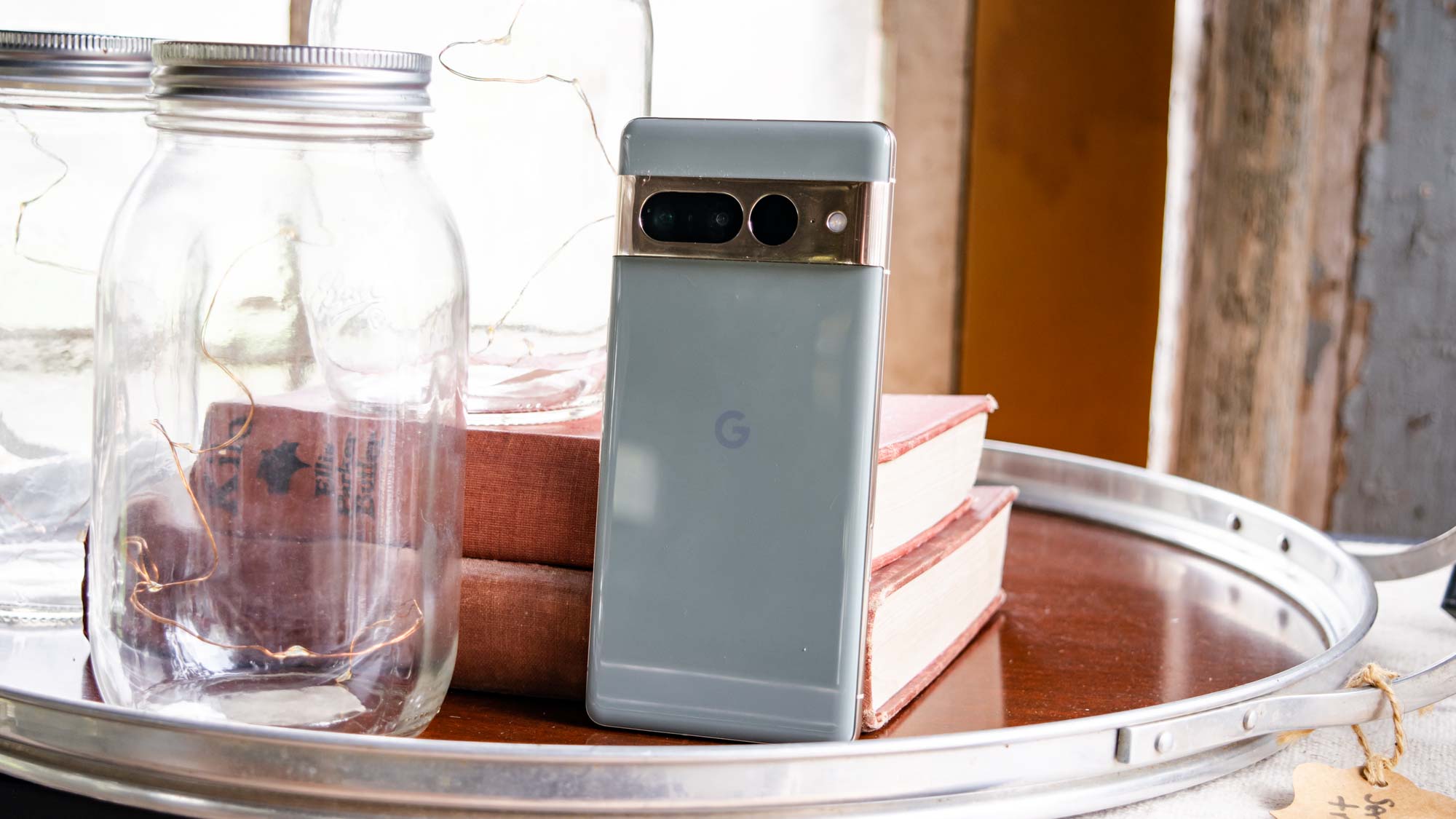
Google went its own way with the Pixel's chipset last year, introducing the Tensor G1 with the Pixel 6 and Pixel 6 Pro. When those phones launched, a lot of people, including us here at Tom's Guide, criticized the relatively weak performance when compared to other flagships at the time.
Fast forward to 2022 with the Tensor G2 powering the Pixel 7 and Pixel 7 Pro. Google made a lot of strides in terms of performance, but the new chip still lags behind Qualcomm and Apple.
But I think we as an industry, and as Android enthusiasts, have looked at Google's new venture wrong. It's not about the Geekbench or 3DMark numbers. It's about what the Tensor Processing Unit (TPU) — the part Google added to the system-on-chip — can do. Here's what I mean.
Numbers don't always tell the full story
When we look at Tensor's numbers in synthetic benchmarks like Geekbench and 3DMark Wild Life, they aren't all that impressive. Compared to the Snapdragon 8 Gen 1, such as what you find in the Galaxy S22, the Pixel 7 and Pixel 7 Pro lag behind by a few hundred points.
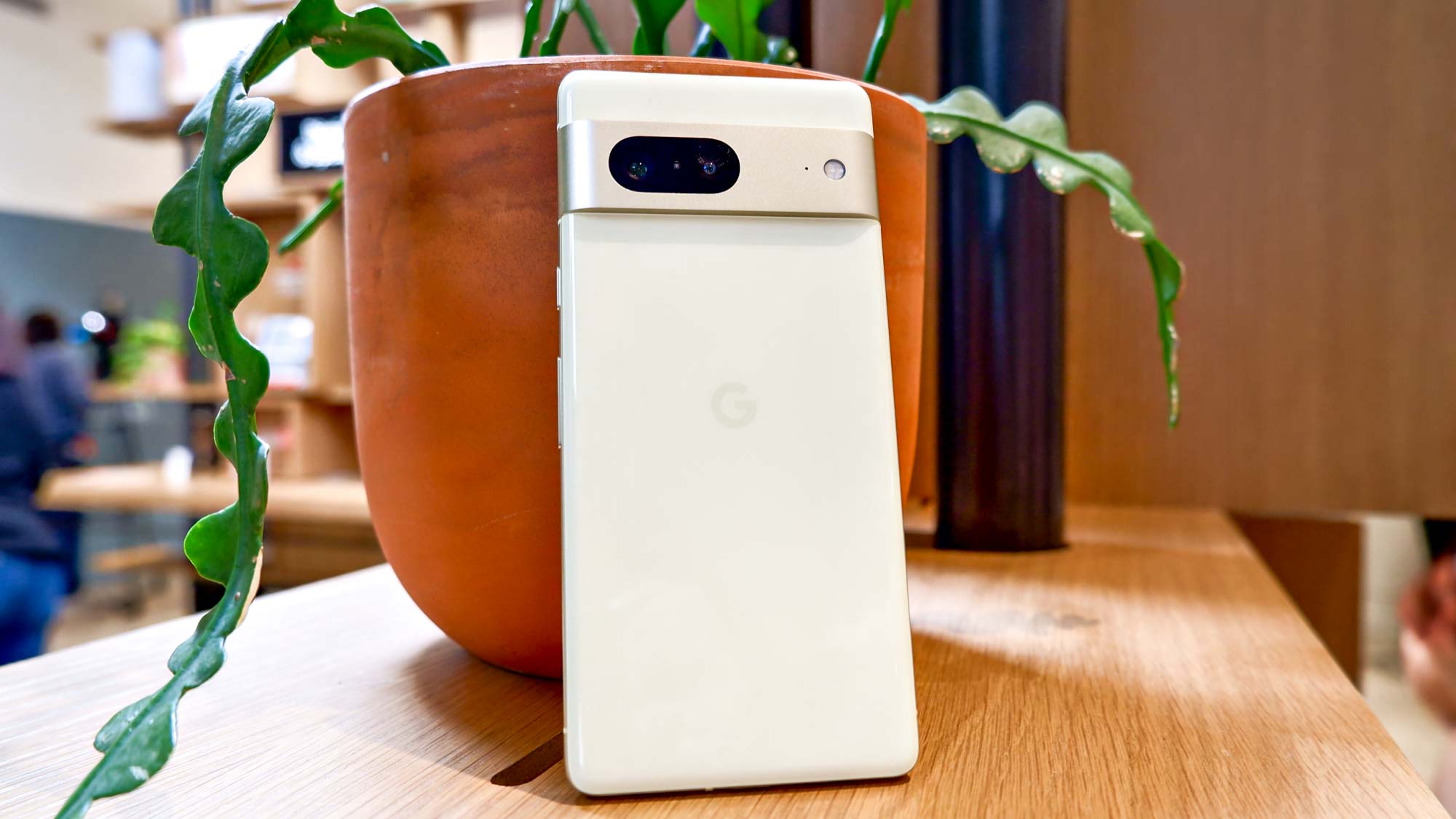
But looking at the Snapdragon 8 Plus Gen 1, the gap widens. For example, the Galaxy Z Fold 4 scored 1,328 in single-core and 3,831 in multicore. The Pixel 7 Pro managed just 1,060 and 3,046, respectively. And don't get us started on the delta between the latest Google flagship and the iPhone 14 Pro.
No, the Pixel 7 and Pixel 7 Pro are not powerhouses on the level of Apple or any Android phone using the latest Qualcomm silicon. But they aren't meant to be. Google isn't chasing the performance crown.
So what is the point of Tensor? I'm glad you asked.
What is Tensor actually for?
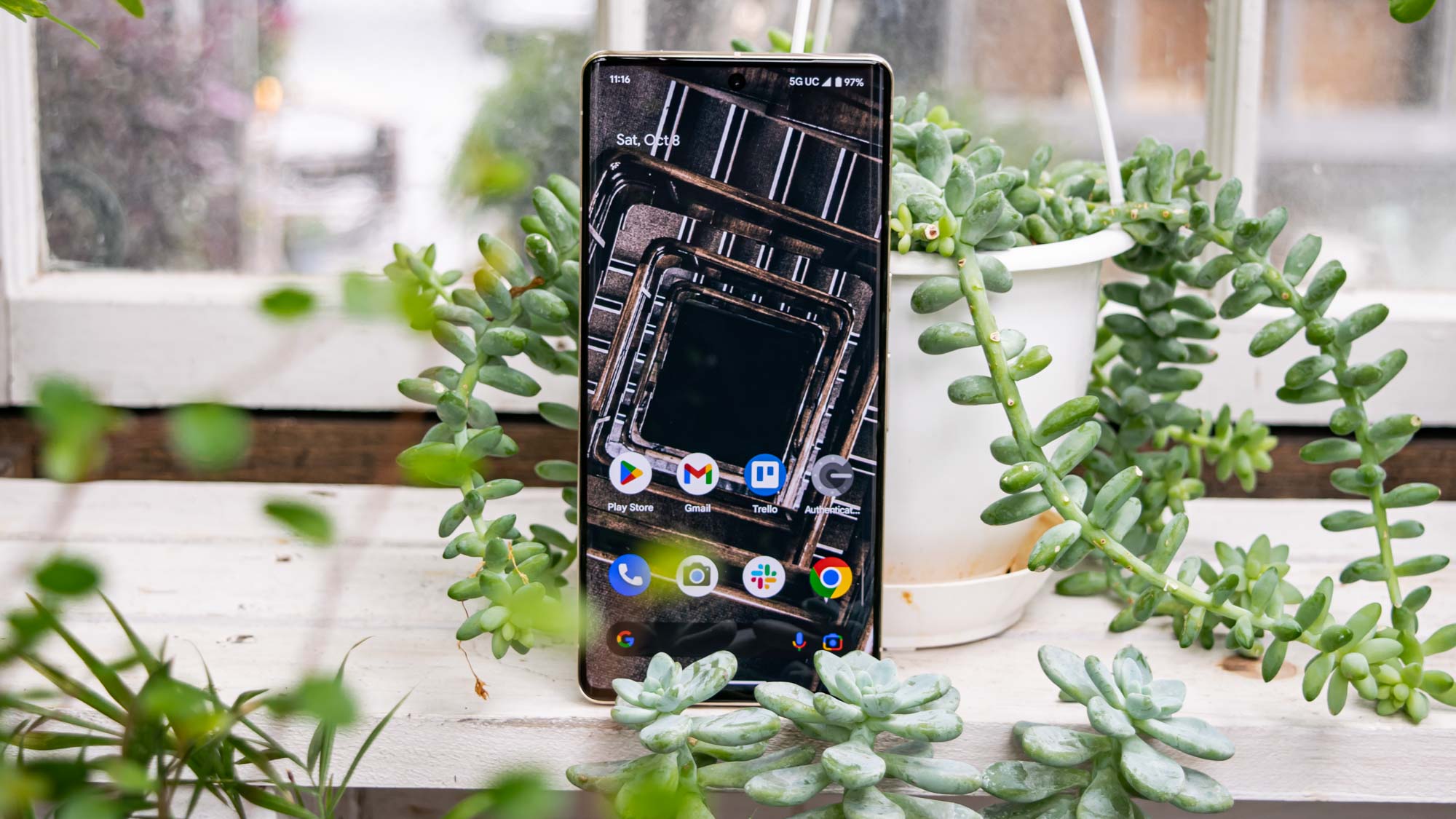
Google has outright said Tensor is meant for AI, and the proof is in the pudding. I've hailed the Pixel 7 Pro as the smartest phone ever. It can do things that seemed impossible on a smartphone just a few years ago — the Pixel 5, as much as I love it, did not inspire much confidence, which made the Pixel 6 such a revelation.
Tensor is designed to show off Google's software prowess.
With features like Magic Eraser, Photo Unblur, Call Suite, and the fantastic Assistant upgrades, the Pixel 7 Pro has no equal when it comes to AI and machine learning on a smartphone. Don't get me wrong, the iPhone 14 Pro comes very close, like being able to copy or translate text from basically anything or pulling the subject out of a photo to paste elsewhere. But Google has the edge.
Tensor is designed to show off Google's software prowess. It's the showcase for Assistant's future, the computational photography magic that we see get better each year, and the future of how we interact with a smartphone.
Tensor outlook
Tensor is what makes Pixels unique in an ocean of same-y phones. It's more than just the design. (Though, the camera bar does draw a lot of attention.) Although it is a great device in its own right, the Galaxy S22 Ultra struggles to catch up to the Pixel 7 Pro in pushing the smartphone forward, despite features such as the S Pen.
I get a lot of joy out of using the Pixel 7 Pro, more than any other phone released this year. And no, it's not a perfect phone. The battery life is inexcusable. The display could be brighter. Charging is still slow.
But Tensor is one the most exciting things to happen in this industry in a long while and I can't believe I've been looking at it the wrong way this whole time. I look forward to seeing Tensor G3 and what it can do in 2023.
Sign up to get the BEST of Tom's Guide direct to your inbox.
Get instant access to breaking news, the hottest reviews, great deals and helpful tips.
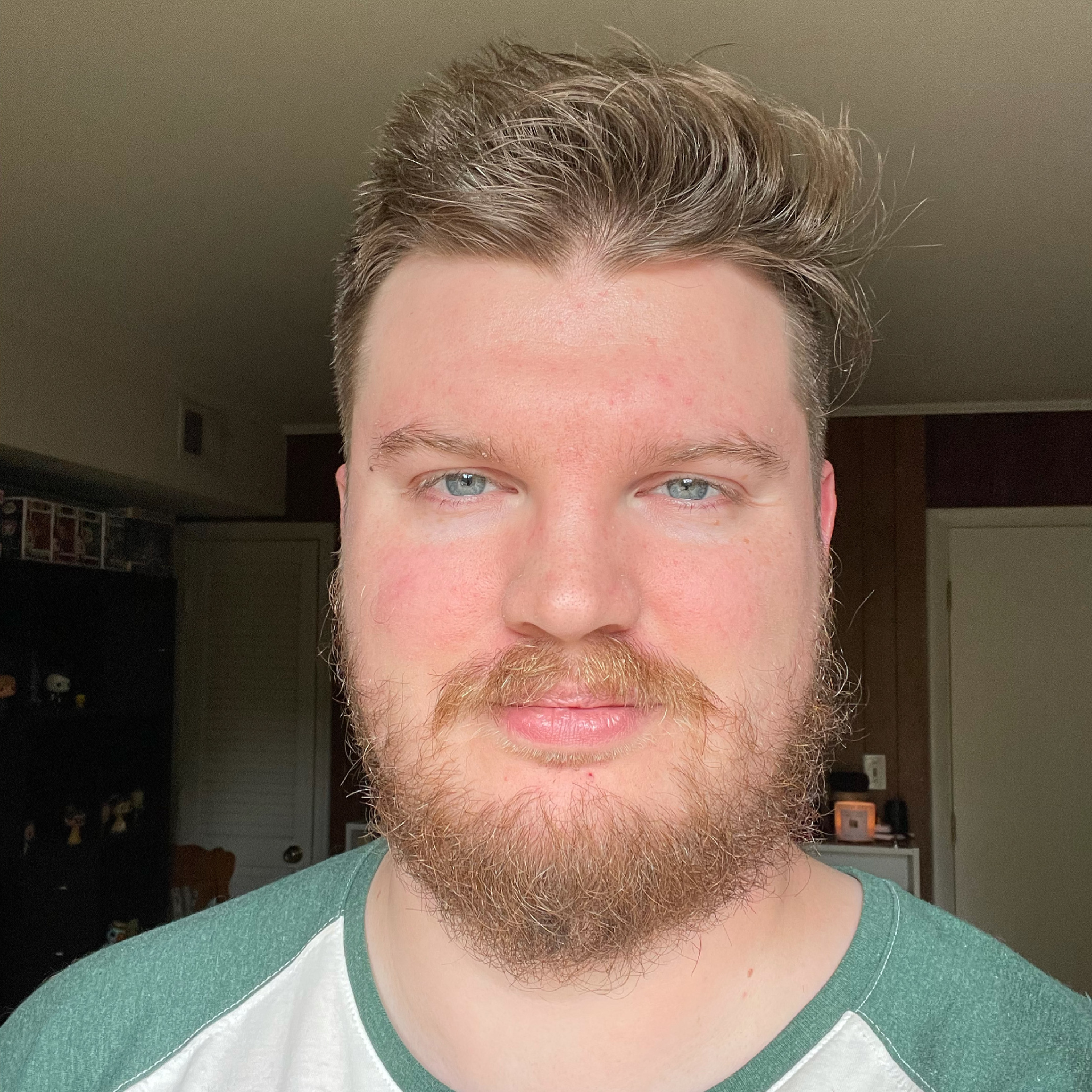
Jordan is the Phones Editor for Tom's Guide, covering all things phone-related. He's written about phones for over six years and plans to continue for a long while to come. He loves nothing more than relaxing in his home with a book, game, or his latest personal writing project. Jordan likes finding new things to dive into, from books and games to new mechanical keyboard switches and fun keycap sets. Outside of work, you can find him poring over open-source software and his studies.
